22nd, September 2019 | Oh Jinna
Good Habits to Preserve Your Eyesight Over Time

As you age, you become more susceptible to age-related eye diseases like macular degeneration, diabetic retinopathy, glaucoma, and cataract may cause low vision and possibly lead to complete blindness. Because of this, it is important to establish good habits to preserve your eyesight over time.
Your eyes are very essential in your day-to-day life. They help you with a variety of everyday tasks like checking your watch for the time, choosing food on the menu, reading your favorite book, or binge-watching your favorite TV series. Your eyes are very essential in your day-to-day life.
They help you with a variety of everyday tasks like checking your watch for the time, choosing food on the menu, reading your favorite book, or binge-watching your favorite TV series.
Here are 15 good habits to preserve your eyesight over time that you should learn to keep in mind:
1. Keep your hands off your eyes.
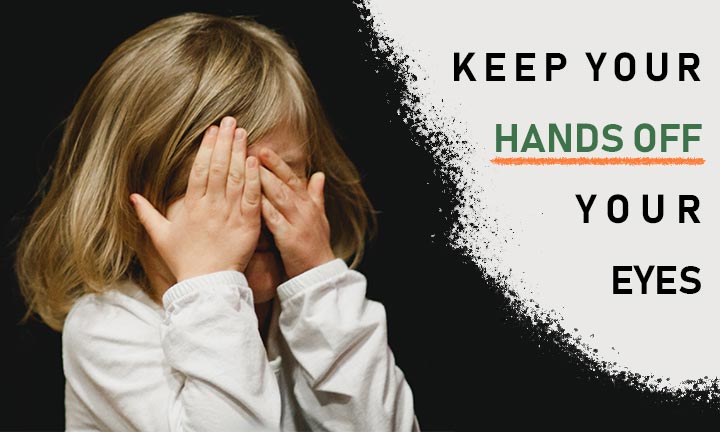
Your hands are constantly exposed to dirt, dust, and bacteria from touching your phone, writing notes, opening doors, typing on keyboards, etc.
Avoid touching or rubbing your eyes with your dirty hands. You won’t want to risk having an eye infection or irritation like conjunctivitis.
If you have a habit of rubbing or touching parts near to your eyes, it’s time to get rid of this habit and start washing your hands regularly.
2. Wash your hands regularly.

Having good hygiene is one way to stay healthy. Wash your hands regularly to keep bacteria at bay and prevent them from getting in contact with your eyes.
Washing your hands regularly prevents disease-causing bacteria from affecting not just your eyes, but your health in general.
3. Stay hydrated.

Adequate fluid intake is important to your body’s overall function, including the eyes to prevent them from getting dry and irritated.
Water helps your eyes stay hydrated which may prevent common eye problems like irritation and fluctuating or blurry vision. Always remember that a well-hydrated body functions effectively.
4. Eat a Balance Diet

As the famous saying goes, “You are what you eat.” Eating a balanced diet helps your body get its proper nutrition and maintain its performance. To improve or preserve your eyesight, your diet should include plenty of fruits and vegetables that are rich in Lycopene, Beta-carotene, Vitamins A, C, and E, and Lutein.
Aside from fruits and vegetables, a study of Seddon, J.M., et al. in 2006, revealed that eating fish rich in omega-3 fatty acids reduces risks of age-related macular degeneration. Your diet greatly affects your overall health.
5. Maintain a healthy weight.
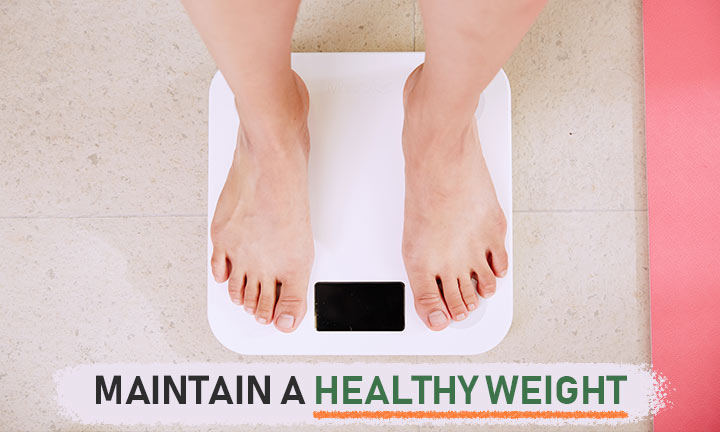
Being overweight or obese increases your risk of developing diabetes. Having diabetes puts you at higher risk of getting diabetic retinopathy or glaucoma.
Take control of your calorie intake and avoid foods that may worsen the situation. Getting diabetes is bad, but getting eye-related diseases due to health neglect is even worse.
6. Have a regular exercise.

Your body is made to move. Avoid sedentary lifestyle. You can start your journey to a healthier lifestyle by running or walking every morning or having a gym membership to get or stay in shape. Exercise helps prevent or control diabetes, high blood pressure, and high cholesterol.
These diseases can lead to a variety of eye or vision problems like caratacts or glaucoma. If you exercise regularly, you can lower your risk of getting these eye and vision problems, and even be healthier at the same time.
7. Quit smoking or don’t even start.
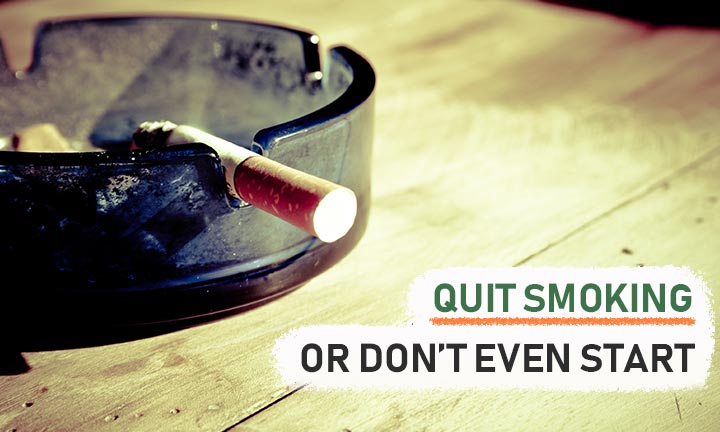
It goes without saying that smoking is very dangerous for your health. It does not only affect your respiratory system but also other parts of your body and the people around you.
Separate studies revealed that smoking increases the risk of developing age-related eye diseases like age-related macular degeneration (Chakravarthy, U.et al., 2007) and cataract (Langford-Smith, A., et al., 2016). Before you take a drag on your cigarette, think of the risks that you may take a toll on your health.
8. Get enough sleep.

As nice as it is to keep moving and stay awake, your body needs rest no matter how busy you may be. Make sure to get enough sleep. Just like the rest of your body, your eyes need to recharge, too and this happens while you sleep.
Sleep-deprived eyes are more prone to common eye problems like irritability, eye spasms, blurry vision, etc. Having enough rest helps you to become more productive for your everyday life and keeps your eyes as healthy as possible.
9. Wear your glasses.
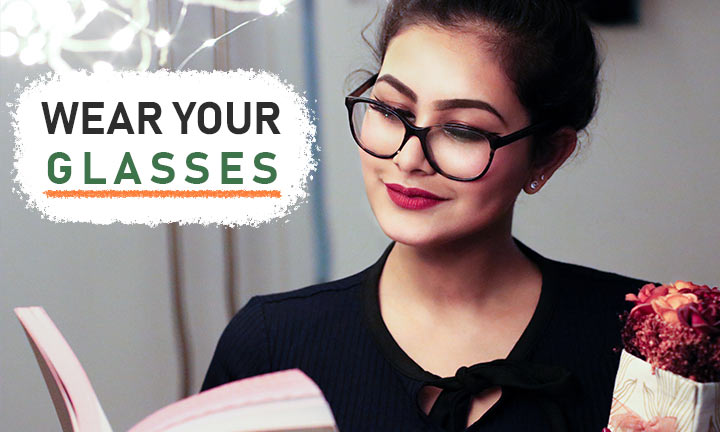
Wear sunglasses that protect your eyes from Ultraviolet A and B (UVA and UVB) rays . Exposure to sunlight and UV rays increases your risk for age-related macular degeneration and may cause cornea sunburn or photokeratitis. Choose sunglasses that block 75% to 90% of visible light.
Also, sunglasses that block 99% to 100% of UVA and UVB radiation help protect against cataracts. Choose sunglasses that also block the blue wavelengths.
Don’t wear dark glasses at night or indoors because it can make you more light sensitive overtime. If wearing sunglasses is not your thing, UV-protected contact lenses will do.
10. Follow contact lens safety precautions to prevent eye infections.
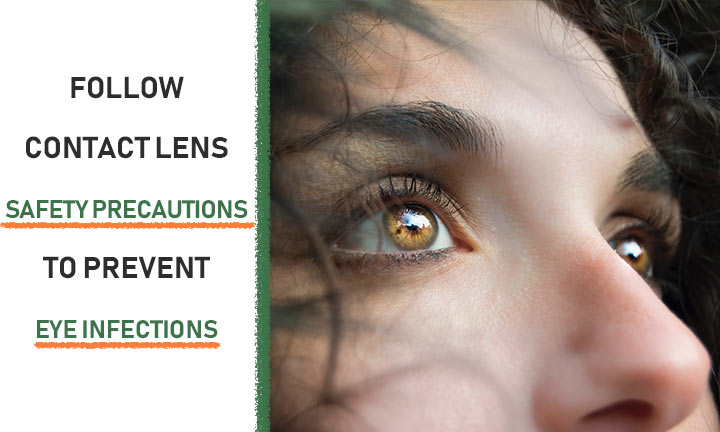
Contact lenses are quite tricky and risky to wear compared to eyeglasses. It comes in direct contact with your eyes, so you have to be extra careful with the hygiene and application of your contact lenses.
Wash your hands thoroughly before you put in or take out your contact lenses. Follow the instructions on how to properly clean them, and replace them when needed.
11. Monitor screen time.
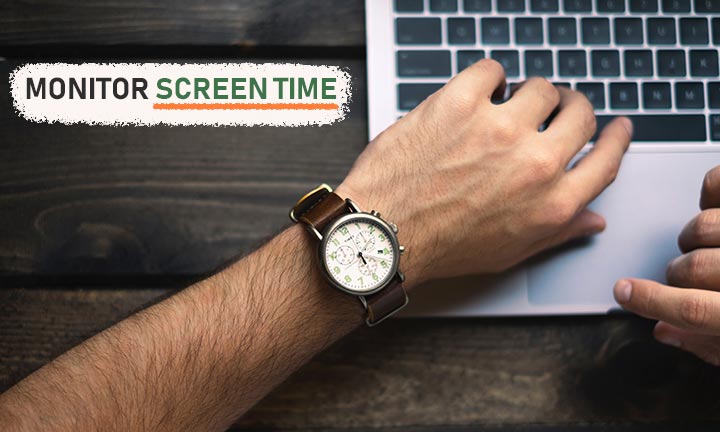
Take regular breaks from doing computer work and other tasks that mostly involve your eyes, (e.g. reading, binge-watching movies, etc.) Computer monitors should be positioned about an arm’s length away from the eyes and 20 degrees below eye level to keep your eyes from getting strained.
12. Follow the 20-20-20 rule to further preserve your eyesight.
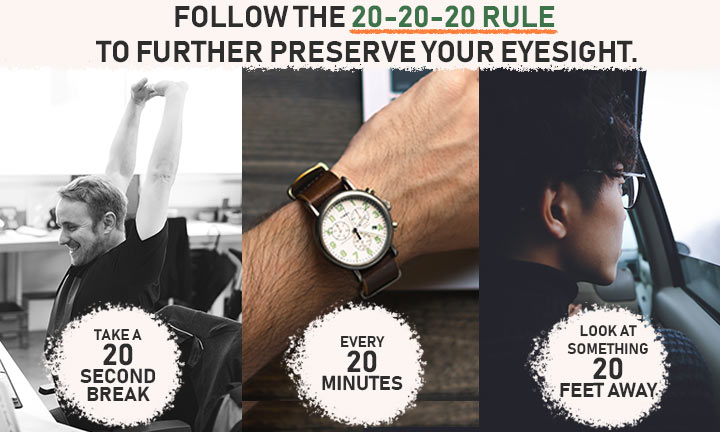
If you spend a lot of time using a computer, you tend to forget blinking your eyes, making them tired. To reduce eye strain, try the 20-20-20 rule: Every 20 minutes, look away about 20 feet in front of you for 20 seconds. Blink 20 successive times to prevent eye dryness.
Also, every 20 minutes, get up from your seat and take 20 steps. This is not just good for your vision, but also promotes proper posture and blood circulation throughout the body. It also keeps you moving while improving your eyesight.
13. Wear safety eyewear.
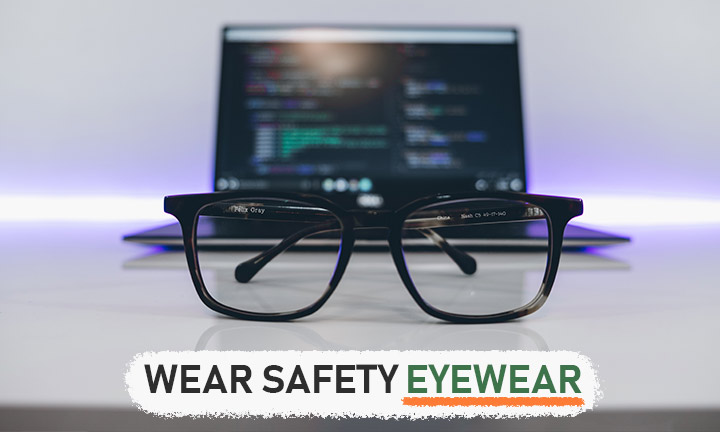
Preventing eye injuries is a must. Simple everyday activities like playing sports, commuting, or simple repairing things at home may pose dangers to your eyes.
Always remember to wear safety eyewear like eyeglasses, sunglasses, or safety goggles. Make sure your eyes are protected no matter what simple things you do.
14. Know your family’s health history.
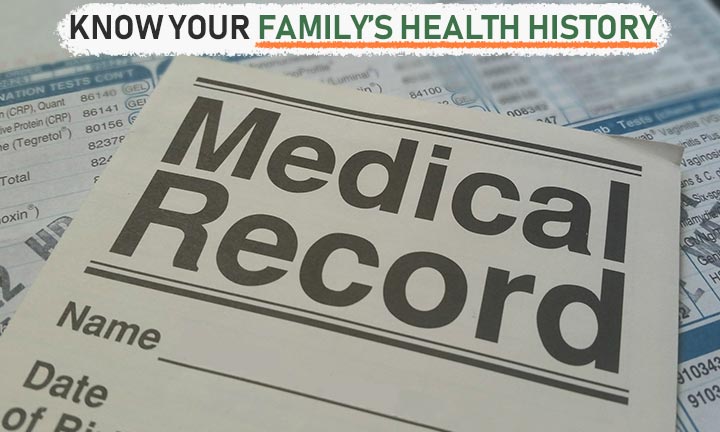
You are the product of your ancestry. Your well-being is determined by your genes. Aside from the good traits that you inherited from your family, you may have also inherited some diseases from them.
It is important to find out if anyone in your family has any history of diseases like diabetes or high blood pressure. In addition to that, these diseases may lead to serious eye problems if not detected or treated immediately.
Take preventive measures to minimize the effects of these inherited diseases that may take a toll on your eyes and your health.
15. Visit your eye doctor.
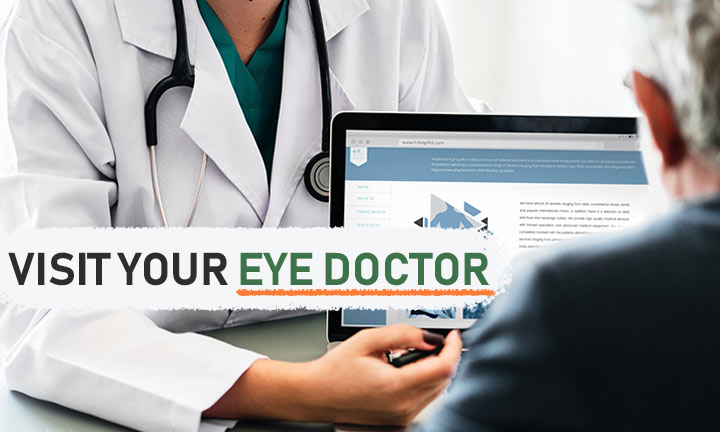
Get your eyes checked as soon as you notice anything wrong with your vision or as often as your eye doctor recommends it. The American Optometric Association (AOA) recommends that everyone should have a regular dilated exam every year and a dilated exam annually after age 60.
The risk for vision loss only increases with age. Seeking professional advice is a great help for your health.
FINAL TAKEAWAY:
There are many things that you can do to keep your eyes and eyesight healthy. Thus, you need to take proper care of your eyesight and see the best that the world has to offer while you still can.
REFERENCES:
https://www.sciencedirect.com/science/article/pii/S0161642006013248
https://journals.plos.org/plosone/article?id=10.1371/journal.pone.0147576
Did You Know Exercise Is Good for Your Eyes — and Your Vision?
https://jamanetwork.com/journals/jamaophthalmology/fullarticle/417784

Leave a Reply
You must be logged in to post a comment.